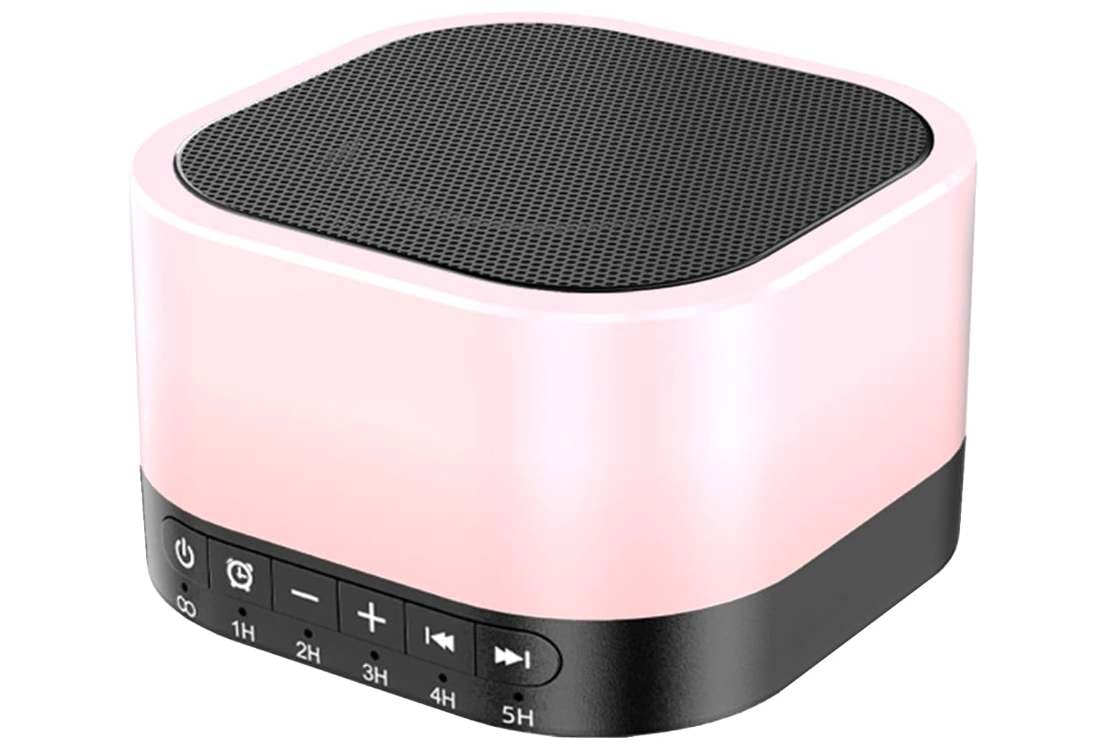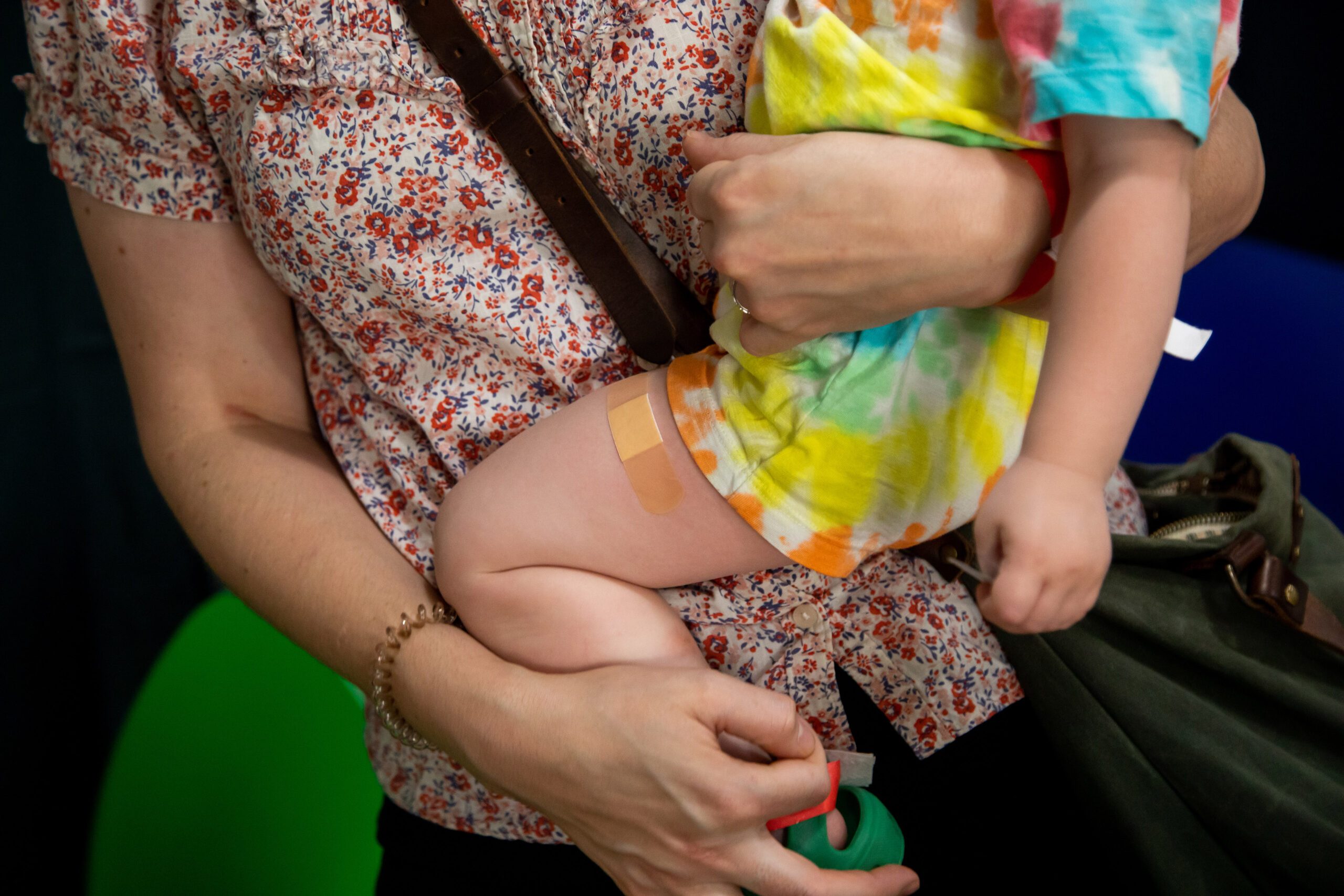Artificial intelligence, or AI, has been a topic of discussion for many years now. It has been hailed as a revolutionary technology that can change the world in ways we cannot imagine. However, as with any new technology, there are concerns about its impact on society. One of the areas where AI could have a significant effect is in the mental health of young black men.
In this 4th Industrial Revolution, it’s essential to reassess the models of care as it relates to Therapeutic practices such as counseling, mentoring, and mental health coaching. The historical wave of one-two hour face-to-face counseling models must adjust to a vastly evolving data and technologically-driven world. Technology is outpacing healthcare, and models of care must transform to suit a new generation of young men who want and need help.
The mental health of young black men is a serious issue that has been largely ignored by society. According to the National Institute of Mental Health, black men are less likely to receive mental health treatment than any other demographic group in the United States; due in part to several factors, including stigma, lack of healthcare access, and distrust of the healthcare system.
A more culturally sensitive mental health service must come into play. There is a growing recognition of the need for mental health services that are culturally sensitive and responsive to the needs of young black men. These services must be delivered by mental health professionals/coaches from the same cultural background, well-versed in the struggles of a young black man who has floundered by the system and understands the need for change.
Research interventions and prevention approaches that emerge from novel technologies informed scientific paradigms and clinical frameworks; this will help set the stage to encourage efficacy amongst new evidence-based healing and preventive care methodologies. There is no doubt that young black men face these unique challenges and experiences, calling for a new evidence-based framework that addresses the real issue at hand. Issues related to racism and discrimination, traditional notions of masculinity, and the need for culturally sensitive mental health services; should come into play.
AI could potentially help address some of these issues. For example, AI could be used to develop more accurate and effective diagnostic tools for mental health conditions. Clinicians must consider the legacy of slavery, generational curses, living in the projects, poverty mindset, police brutality, being the seed of Abraham, black-on-black violence, Jim Crowe, white fragility, and the black culture as a whole.
Additionally, this could help reduce the stigma associated with mental illness and encourage more people to seek treatment. The research would come from real-life stories and experiences that create a backdrop for building resilience when it comes to communities of color, creating new programs and systems for preventing, intervening, and retooling mental health practices in young black men.
Regarding mental health for a young black man, the main focus should be providing the best care possible. But with the rising demand for mental health services, it’s increasingly difficult for clinicians/mental health coaches/counselors to address the individual needs of their patients and meet the growing demand for mental health services. This is where Chat-GPT or Conversational Artificial intelligence-based Therapy for Generalized Psychological Treatment, comes in.
Albert Einstein Speaks Through AI.
At the Albert Einstein College of Medicine, researchers have developed an A.I.-based therapy designed to help clinicians diagnose mental health issues. It’s a conversational A.I.-based tool that uses natural language processing (NLP) to understand the patient’s conversations and provide personalized care and therapy.
The system is powered by a machine learning algorithm trained with a dataset of 20,000 conversations collected from clinical healthcare interactions. This allows the conversation bot to understand the patient’s conversation better and provide more accurate responses. These conversations are used to train the AI to detect mental health issues and develop personalized interventions tailored to each patient.
The start of the 4th industrial revolution phase has moved humanity to more positive outcomes when it comes to healing planet Earth. When you think about the classroom models of the 1st and 2nd industrial waves (desks in a row, a teacher up front, and students facing forward) and how the 4th industrial models (classrooms are empty) due to COVID, ought to get health clinical and mental health specialist thinking about how mental health care for young black men must change.
Young black men were never supposed to adhere to today’s mental health and counseling format. Your proverbial pay-to-play system with external essentials (EAP) was designed to keep a farm labor mentality in play. Where if you help workers (Slave Labor) with their mental health, in turn, they become more productive on the job, miss fewer days, and keep the robotic train of thought (Slave to a wage) going.
Rejecting Therapy
The rejection of mental health (therapy) for young black men was no accident. The field as a whole still reeks of a racist and biased past that has not dealt with its sin. In the eyes of many young black men, it’s futile to pay someone to help you that looks like the same people gunning you down in the streets. Again, this is part of the mentality creating the stigma surrounding mental health as an effective treatment for a more balanced and productive life.
It’s a far cry to suggest that all black men will reject pornography, alcohol, tobacco, marijuana, sex, and selling drugs as a means towards wholeness. Unfortunately, these vices are part of why these young black men reject therapy. It’s been reported that Black and African American people living below poverty are twice as likely to report severe psychological distress than those living over 2x the poverty level.
When you factor in poverty in addition to racism, oppression, suicide, and police brutality, you get biased against any modality of healing that connects to the oppressor. Reducing the stigma surrounding mental health for young black men will take more than writing blog posts and books and putting on seminars about the subject.
A new definition for young black men needs to emerge for Mental Health & Emotional Wellness. A new language around mental health must come forth that creates a desire to live in harmony with the creator in these young men. The starting point for these new mental health paradigms is personalized interventions through AI.
Personalized treatments
AI could help by providing more personalized treatment options. AI algorithms could analyze a patient’s medical history, lifestyle, and other factors to develop a treatment plan tailored to their needs. If Jeremy grew up in Bankhead Atlanta without a father, dropped out of high school, saw 3 of his best friends get shot and killed, glorifies rap and drugs, and wants to live in peace, go back to school, and take care of his grandmother; there should a personalized plan of action that takes into consideration the psychology of his pain.
Given more clinical trials and evidence-based research, these interventions could help improve treatment outcomes and reduce the likelihood of relapse, stigma, and unnecessary violence. Will there be some concerns about the negative impact AI could have on the mental health of young black men? Absolutely! Research-informed practices take time and must continually be tested to ensure their accuracy and adaptation.
One of the biggest concerns is the potential for bias in AI algorithms. The algorithms will be limited if the data used to train AI algorithms is biased, leading to inaccurate diagnoses and treatment recommendations, which could have severe consequences for young black men.
It is also essential to recognize that AI is not a panacea for all the challenges facing young black men regarding mental health. AI is just one tool that can be used to improve mental health outcomes. Addressing the underlying social and economic factors contributing to poor mental health outcomes among young black men is vital, which includes addressing issues such as poverty, discrimination, and lack of access to quality healthcare.
In addition, it is crucial to recognize that AI is not a substitute for human interaction and support. While AI can provide valuable insights and recommendations, it cannot replace the essential human connection for good mental health. Young black men need more than robotics and A.I.-driven technologies. AI should be used in conjunction with human support to help young black men to access the resources and support they need to manage their mental health.
Overall, A.I. has the potential to significantly impact young black men’s mental health. While there are concerns about the potential negative impact of AI, there are also opportunities for AI to help address some of the challenges facing young black men in accessing mental health care.
To ensure that AI is developed and deployed ethically and responsibly, it is important to involve young black men in the development and deployment of AI technologies and to ensure that AI is accessible to everyone, regardless of race, gender, or socioeconomic status. It is also essential to recognize that AI is just one tool that can be used to improve mental health outcomes and that addressing the underlying social and economic factors that contribute to poor mental health outcomes is essential.
—
Previously Published on Medium
iStock image
The post Breaking the Stigma: How A.I. Can Revolutionize Mental Health for Young Black Men appeared first on The Good Men Project.
Original Article










